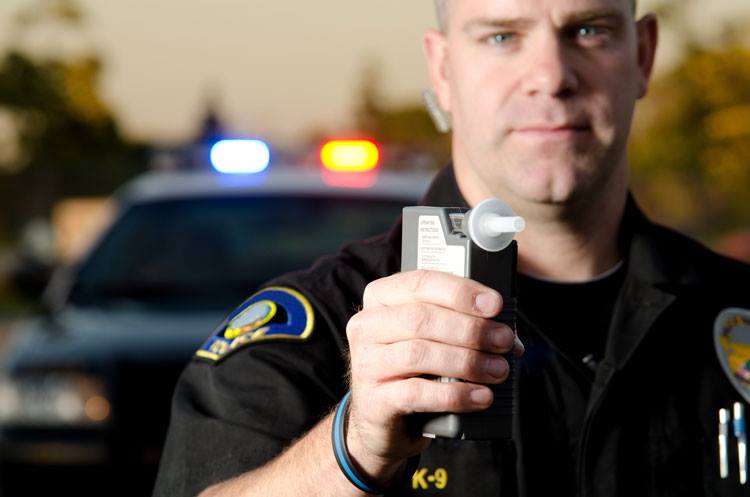
Trained drug sniffing dogs are often times used by law enforcement in the United States to alert police officers to the presence of illegal drugs and other contraband. These dogs can also be used by police departments to administer force during arrests. Even though trained dogs are generally considered a “less lethal force” method like tasers, each year attacks by police dogs result in serious injuries and some times even death
Due to their keen sense of smell, dogs can be useful in tracking and finding potential suspects. This is especially true when suspects flee to places where a human police officer might have difficulty exploring, like heavily wooded areas.
After locating a suspect, a trained dog should ideally be able to bite and hold the suspect without causing serious injury until it is released by its handler. Constitutional issues can arise when this ideal is not met.
Excessive force refers to situations where police are legally entitled to use force, but they use force beyond the minimum amount necessary to make an arrest or prevent danger to themselves or bystanders. The right to protection from excessive force is in the Fourth Amendment to the U.S. Constitution, which prohibits unreasonable search and seizure by government agents, such as police officers.
If you or a loved one is in a bind as a result of a criminal charge, immediately contact a Seattle Criminal Attorney. A Criminal lawyer is not going to judge you, and understands that everyone makes mistakes. Hiring a Seattle Criminal Lawyer to help can – at a minimum – reduce penalties, and can help direct people on how to best deal with their criminal charge, and many times even get them dismissed. So it should go without saying that someone cited for a misdemeanor or felony should hire a qualified Seattle Criminal Lawyer as soon as possible. Criminal charges can cause havoc on a person’s personal and professional life. Anyone charged with a crime in Washington State should immediately seek the assistance of a seasoned Seattle Criminal Lawyer. SQ Attorneys can be reached at (425) 359-3791 and/or (206) 441-0900


